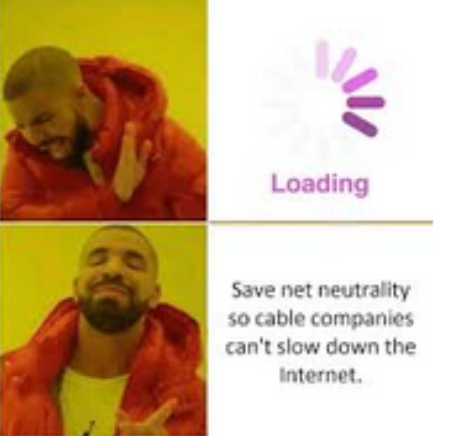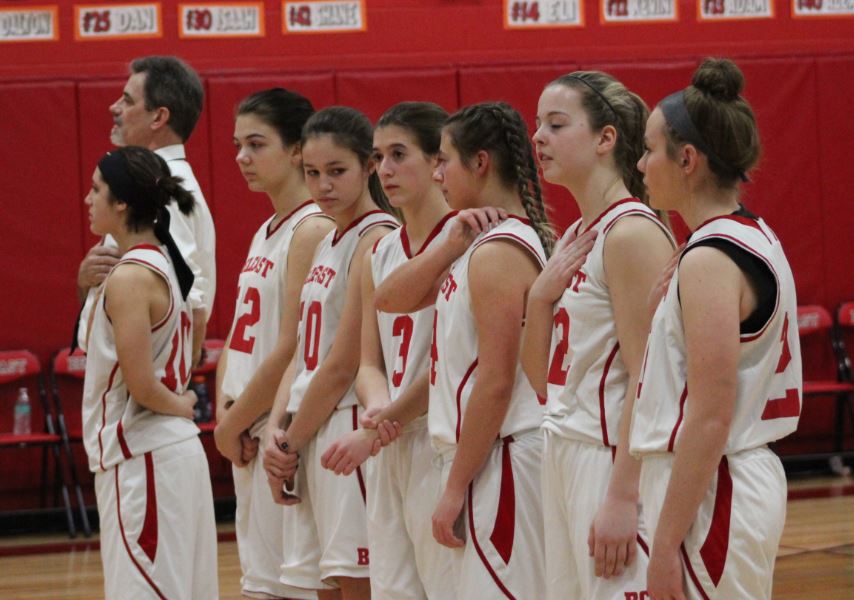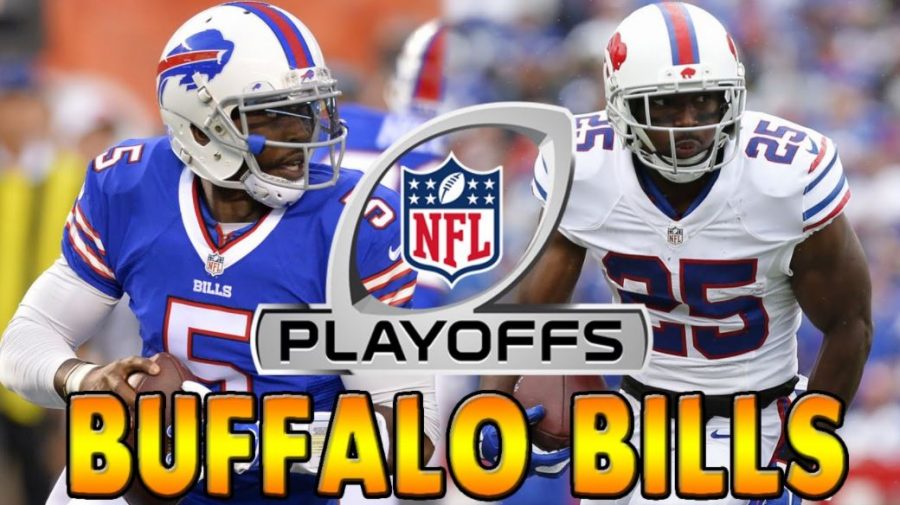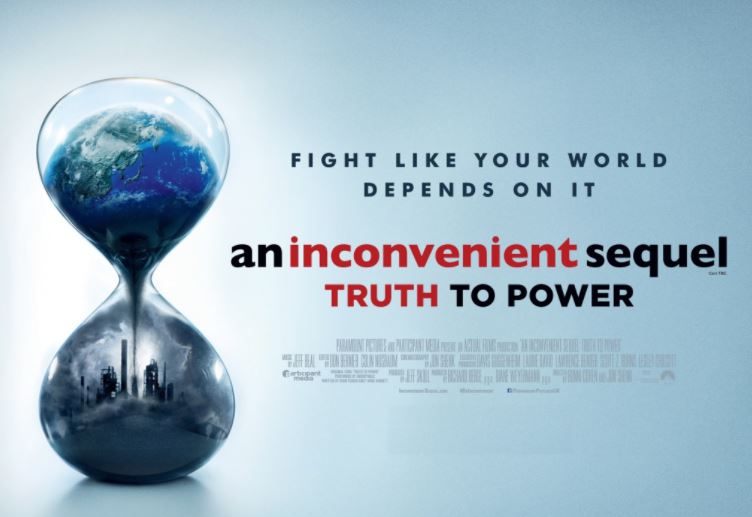Net Neutrality Explained

December 21, 2017
Net Neutrality has been a very hot topic lately, and a very confusing one as well. But, instead of wasting your time and giving you the Wiki definition that you could easily look up yourself, I’m going to explain a little easier and more understandable.
Every month, you (or your parents) pay anywhere in the ballpark of $40 to$100+ to companies like Verizon, Comcast, AT&T, ect. so that you can have full access to the internet.
Net Neutrality says, “Okay so you have already paid x amount of dollars. Have a nice day! Enjoy your internet!”
But without Net Neutrality, big internet companies can say, “Okay, you’ve paid x amount of dollars for your internet. But, if you want to get on Instagram, Snapchat, Twitter, or Facebook, then you’ll have to buy our standard package, which is an extra $4.00 per month. No, that doesn’t include Tumblr, Pinterest, Reddit, or Candy Crush. If you want access to those things, you’ll have to buy our premium package, which is another extra $6.99 per line per month.”
Big internet providers would essentially play favorites. For instance, let’s say that Comcast supports the streaming service Hulu. Comcast would provide its customers with high speed access to Hulu. But, at the same time, Comcast would slow down access to its competitors, such as Netflix. Netflix makes around $4,000,000,000 per year, so paying Comcast to speed up access to their site wouldn’t be a huge burden. But this is not the case for start up companies, who don’t have the same kind of money that Netflix does. This means no new innovation.
Under the rules and regulations of Net Neutrality, the Internet is maintained and controlled the same way common public utilities such as water and electricity are. But without government control, and with not enforcable “principles,” big business will control the spread of information and be able to charge whatever they want for internet access.
The FCC committee is made up of three Republicans and two Democrats. These people voted on Thursday, December 14th, to eliminate the net neutrality rules. Three people made a decision for 325.36 million Americans.
If you scroll through social media, you will see it overflowing with bipartisan outrage over the end of Net Neutrality. You can see this in the form of memes (like the ones pictured above), rants, angry tweets, and long and very well-written paragraphs.. These things help “rally the resistance,” but there is not much the average person can actually do. The future of Net Neutrality lies in the hands of Congress now, and we can never be certain on which way they will go. So, in the meantime, hold your breath, hope for the best, and if I were you, I’d binge-watch some Netflix.























































